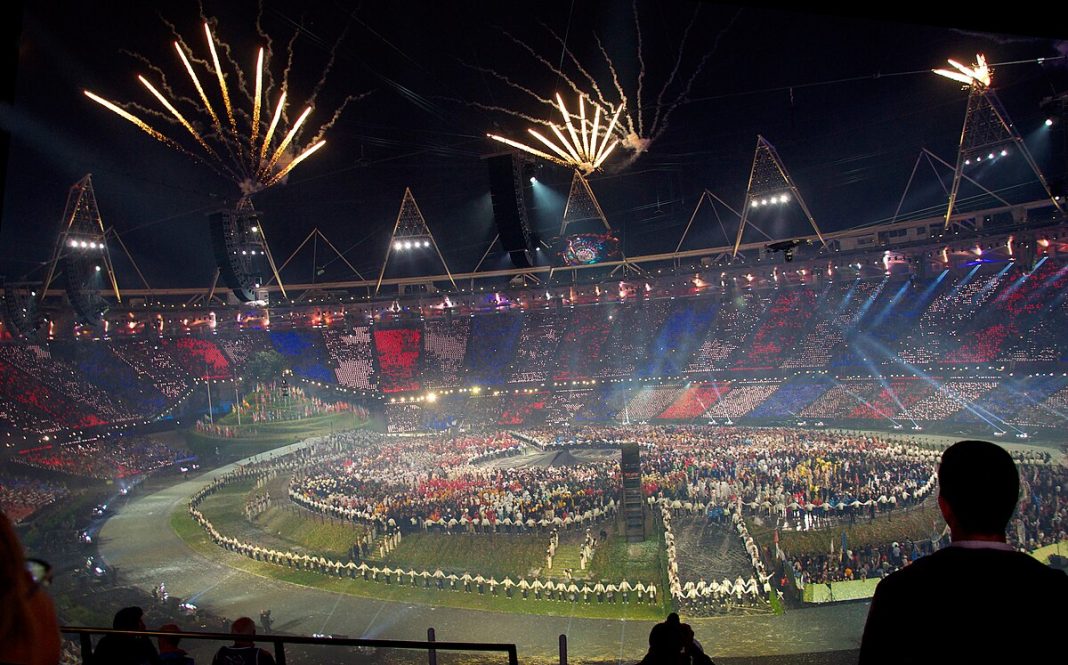There is a passage in James M. Cain’s Double Indemnity (1943) in which an insurance agent, warming up to defraud his company and murder a client, likens himself to the casino man behind a roulette-wheel:
“I’m an agent. I’m a croupier in that game. I know all their tricks, I lie awake nights thinking up tricks, so I’ll be ready for them when they come at me. And then one night I think up a trick, and get to thinking I could crook the wheel myself…”
A similar thing happens when literary critics turn to novel-writing. They have spent so long combatting tricks that they eventually start thinking up their own. Not all good critics make good novelists. Some good novelists make bad critics. Some great critics write terrifyingly bad novels. Leo Robson – a croupier who reviews copiously for the New Statesman, New Left Review, and London Review of Books, and therefore knows all the tricks – is both an excellent critic and an excellent novelist.
The Boys is the sparkling, enjoyable, and sometimes sad story of Johnny Voghel, a thirty-year-old university administrator grieving both his parents while navigating some extraordinarily tangled relationships between a half-brother, half-nephew, half-great-niece, aunt, girlfriend, and two students, all during the 2012 Olympics in the oddly specific locality of Swiss Cottage (a part of London which must be alien not only to non-Londoners but to anyone unfamiliar with the grey spots of the Jubilee Line).
Debuts can be brought down when the author possesses one of a) overambition in describing things about which he knows nothing, or b) uncertainty as to how to sustain a narrative beyond a limited wordcount. Robson, with his critic’s eye, spots these bear-traps but avoids them too self-consciously. In response to quibble a) he writes about what he knows, but that means confining himself largely to a very narrow milieu of North London postgrads; some of the best passages only come when he looks beyond this range, for instance when Johnny reflects on the history of his family of Jewish immigrants. In response to quibble b) Robson expands the word count all right, but with the result of a loosely plotted, loosely structured book, stuffed with rambling conversations, long fluid sentences, and padded-out descriptions of London meals and walks, which might have made a good novella but which, spun out to three hundred pages, can lose its momentum.
Though it has a serious emotional core and contains a powerful account of grief, The Boys is fundamentally a comic novel: it belongs to the school of English comic fiction whose originator was Henry Fielding and whose greatest living practitioner is Jonathan Coe. The criticisms of Robson which I have made above – leisurely pacing, unnecessary details, and aimless tangents under whose weight an infirm plot gasps for breath – are all characteristic of this school. They do not matter, because of the simple fact that Robson is funny. His humour is one of two special qualities which mark him out as a writer of rare power. He can write about ubiquitous things, such as Selfridges or smoked-salmon bagels, and make them seem hilarious:
“‘You don’t mean your Selfridges ban?’ At some point before my brief stint working there, Lawrence had been involved in an incident of minor vandalism, as well as repeated attempts to steal a waistcoat.”
“Lawrence was leaning over the kitchen counter. ‘Whoever invented cling film was a cunt.’ He was surrounded by the debris of three or four attempts to wrap a smoked salmon bagel.”
In both these instances, it will be seen, the source of the humour is a single character. And that leads on to Robson’s second great quality: his power of characterisation. Though it is difficult for a writer to be funny, it is even more difficult to draw characters who are funny in themselves, as Robson’s characters are. His paper-and-ink figures – especially Johnny and Lawrence, the “boys” of the title – inspire the affection and attachment that usually come from real-life friendships. When I turned the last page of The Boys the feeling was not of having finished a novel but of having spent a week – a very funny and emotionally turbulent week – with close friends in London.
In his next novel Robson would do well to hone these two great gifts, humour and character; if he does so, he will become that rare thing, a debutant who fulfils his promise.
The Boys by Leo Robson is published by Riverrun (£16.99). ISBN: 9781529428186


